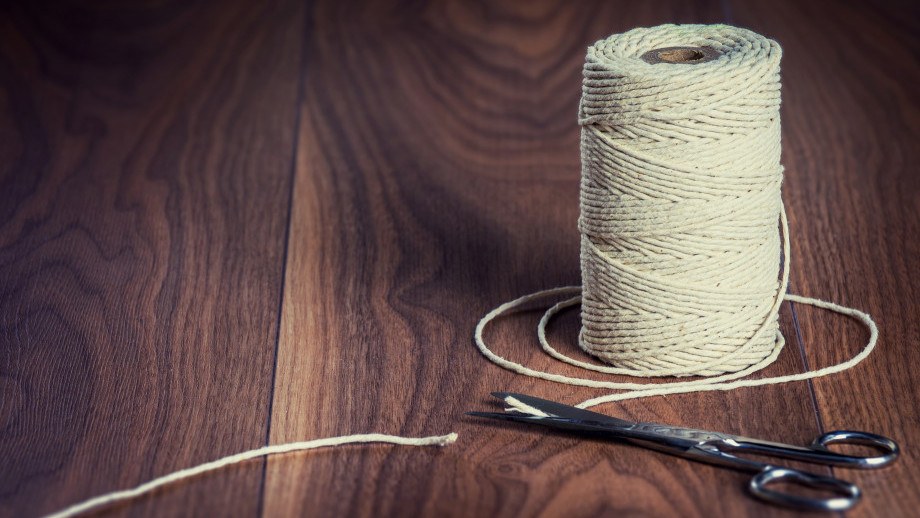How long does it take to play 9 holes of golf? This sounds a bit like a “how long is a piece of string” type question, but this is something that got me thinking the other day and the answer might actually tell you a few things about the sort of golfer you are and what might help you to get more enjoyment out of your time on the course.
An Average Round for an Average Golfer
I have no idea how many rounds of golf I have played over my lifetime. Certainly not as many as a lot of keen golfers because I rarely play 18, or even 9 holes outside of competitive rounds or rounds when I meet up with friends. When I am on my own, 6-8 holes might be more usual. Because of the way my home course is set up, it is easy to play 8 holes and then cut back through to the clubhouse. This is great for me because I don’t generally have time to play more and I can get this done in under an hour and a half, easily.
If I were playing 9 in my usual conditions, I would be surprised if it takes me longer than an hour and 45 minutes, probably less. And this is the key. It takes me this long because that fits in with how I like to play, where I play and how I enjoy the game. The idea of an average time really makes very little sense to most of us.
Time to Play a Round on the PGA Tour
Maybe the easiest way to think about this is by looking at extremes. Let’s start with a round on tour, whether PGA, European or whatever. Depending on the tournament, players can be out there for well over 5 hours. Players are allowed 40-50 seconds to hit a shot and on the greens, things can slow up even more. In fact, pace of play has become a real problem for the various governing bodies. This isn’t just for Bryson either-many players take a painful amount of time.
Of course, they have their livelihood on the line. Going a little bit too quickly and costing even just one shot over a round could be the difference between playing on the weekend and taking home a cheque or heading home on Friday and maybe having to head back to Q school at the end of the year. Of course, this is somewhat balanced out by other factors. A player taking 70 shots should be quicker than someone taking 90. And having ball spotters certainly makes a big difference.
Speed Golf
Well what about the other end of the spectrum? Speed golf is when a player will run the course carrying a minimal club set up and his score is a function of both the shots taken and how fast he or she completes their round. The current world record for 18 holes is 31 minutes (and he shot 77!) This is obviously a world away from the pace of play on tour and really from what you or I are doing too.
So what’s the lesson here? Simply that the question “how long does it take to play 9 holes of golf” should depend on what you want to get out of your game. Let’s come back to my average round. I generally have less than a full set in the bag and am almost always trying or testing something, whether a set of vintage blades or hitting hybrid off every tee. I try to play multiple balls as much as I can too. For example, I will often hit say a full pitching wedge then drop another ball from the same spot and try to get there with a 7 iron.
Why do I do this? Because it is (at least to me) fun! This adds to the time it takes me to get round. It also means that I try to play at times when the course is quiet (early morning, early evening) because I don’t want people to have to wait behind me while I experiment. On the other hand, with my putting woes and the general lack of enjoyment I get on the greens, I often pick up when I have hit the green, or maybe take a first putt with one ball. I might even simply chip from the edge rather than putt, which is a huge time saver.
So my 9 holes in in say an hour and a half really doesn’t mean much for most other golfers.
Why Do You Play Golf?
Ultimately, how long it takes you to get round the course is completely dependent on why you play. There is nothing less enjoyable than battling against the clock when you are supposed to be out there enjoying yourself. And if you are trying to put a score together, you don’t want to be worrying about taking a few extra seconds lining up a putt. But maybe you are on the course because it is the only time in a week you get any real exercise in the fresh air. Well, if that’s the case, pushing the pace a little bit and setting a time limit could be just what the doctor ordered (literally.)
As I type this, I do realise that I haven’t given a simple answer to a (relatively) simple question. While this is for a perfectly good reason, and I think most golfers should get it, maybe it isn’t the most helpful for the less-experienced out there. Also, I am sure we have all been stuck behind someone taking a ridiculous amount of time over the ball, and this is a hugely frustrating experience. I have walked off the course many times after standing on the tee for ten minutes watching a 30 handicapper check the 200 yards to the flag, hesitate over clubs, take 5 practice swings and then top the ball 20 yards. Before going through the whole process again 2 minutes later!
I do believe that as golfers we have a responsibility to others on the course. This means repairing pitchmarks, shouting ‘fore’ and being aware of pace of play. You shouldn’t feel hurried on the course (where is the fun in that?) but unnecessary time taken on everything from club selection to routine is just selfish. Ready golf should be the way everyone plays nowadays. If you are slightly closer to the hole and ready to hit, then hit. Don’t wait for your playing partner’s ball to land before you even check your distance and start thinking about which club to use. This is just inconsiderate in the extreme.
How Long Does it Take to Play 9 holes of Golf Really?
I think for a handicap golfer (not a complete novice) playing from appropriate tees on a course that isn’t off the scale in terms of difficulty and playing ready golf in a 2/3/4 ball shouldn’t go round in much over 2 hours. This is a guideline and all sorts of factors might come into play, but if you are still not at the turn at 2:30, it is time to think about what you are getting out of your round and if your pace of play is actually causing a problem for others on the course.




